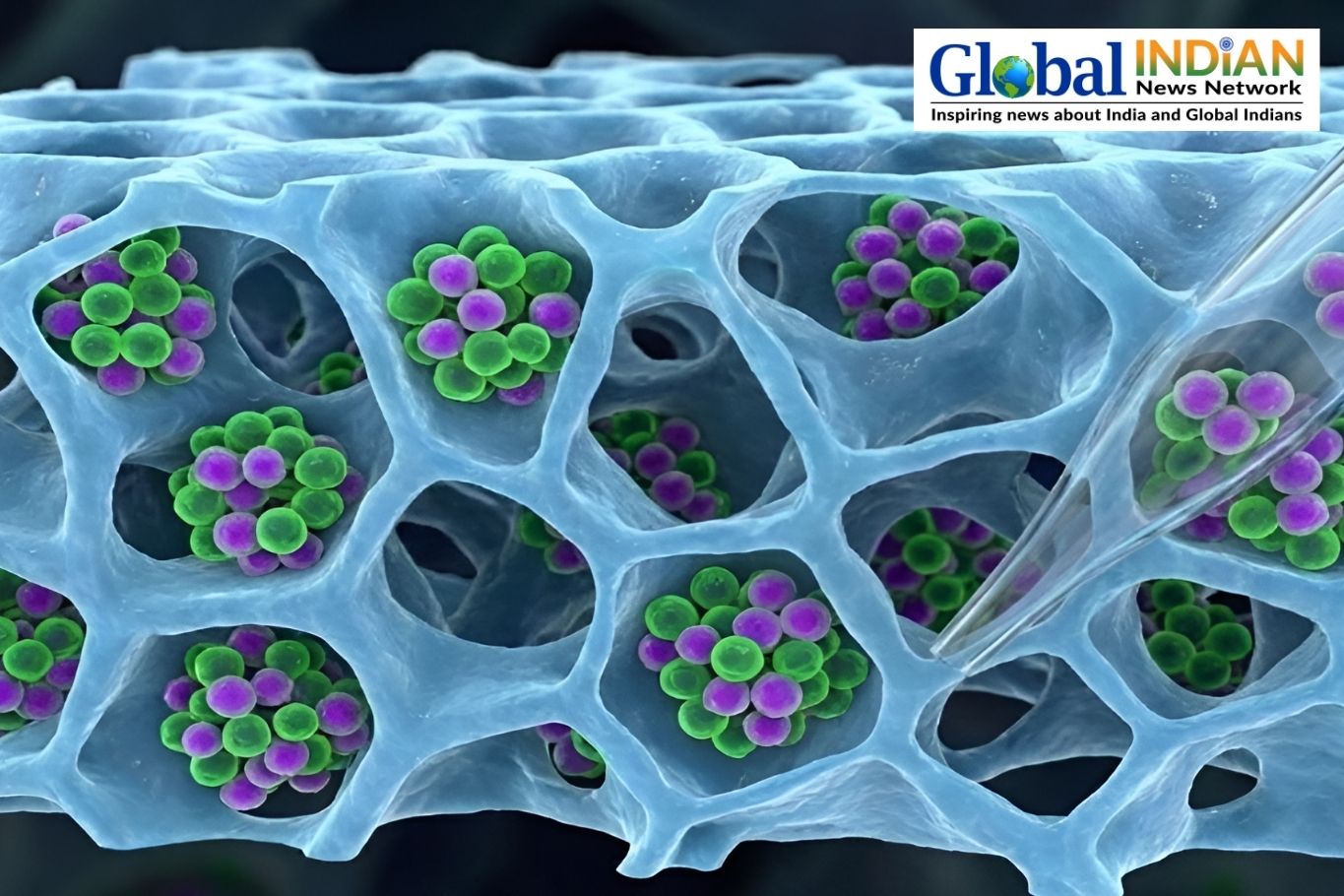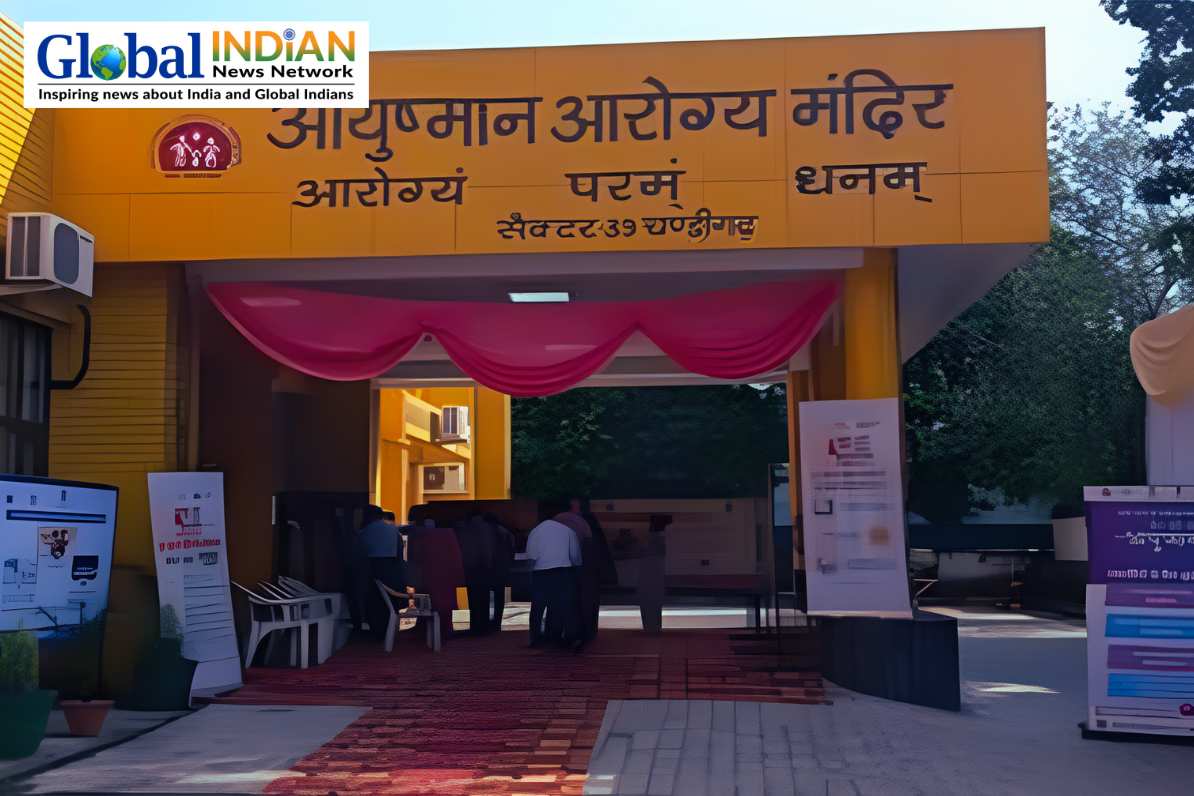 Rasayana Sastra, one of the eight clinical branches of Ayurveda, focuses exclusively on the many dietary, lifestyle, and medical guidelines that must be followed to prevent or delay the aging process.
Rasayana Sastra, one of the eight clinical branches of Ayurveda, focuses exclusively on the many dietary, lifestyle, and medical guidelines that must be followed to prevent or delay the aging process.
The most complete diet is the Ayurvedic one. In order to select the proper type of food, it takes into account doshas (mind-body constitution), dhatus (seven tissues), agni (metabolism), and mala (evacuation of the intestines). This makes it suitable for each individual and assures considerable and lasting advantages.
Ayurveda holds that herbs are essential for ensuring long-term health. The Charaka Samhita gave amla, also known as Indian gooseberry, special attention because of its high natural vitamin C content and potential for regenerating biological systems. Brahmi’s antioxidant capabilities are crucial since they lessen the oxidation of bloodstream lipids, which is a major contributor to cardiovascular disorders. The herb is also thought to be essential for regenerating nerve and brain cells.
It’s interesting that garlic is categorized as both a food and a medicine since it has a variety of health benefits that considerably decrease LDL cholesterol without harming HDL cholesterol levels. Ashwagandha helps with fertility, immune system support, blood sugar control, anxiety reduction, stress management, and cognitive loss brought on by brain cell degeneration.
The anti-oxidative properties of the ginger family of herbs enhance blood flow to the periphery and decrease cellular inflammation. The anti-inflammatory and antioxidant characteristics of curcumin, curcuminoids, and tetrahydro curcuminoids found in turmeric rhizomes make them extremely beneficial. Galanga, often known as Chinese ginger, includes anti-arthritic essential oils, gingerols, and diarylheptanoids.
The clove family has anti-inflammatory and antioxidant characteristics that make it helpful for pain relief. The antibacterial effects of neem are already well known, and it also has potent hypoglycemic, anti-malarial, and wound-healing qualities. Finally, punicalagins and gallagic acid, which are powerful antioxidants and free radical scavengers, are found in jewel-shaped pomegranate seeds.










